China’s support for Russia’s war in Ukraine puts Beijing on NATO’s threat list
Looming over this week’s NATO summit is a country far from alliance territory that it didn’t even mention until five years ago: China.

When NATO leaders meet in Washington this week their agenda will be dominated by Ukraine, Russia and European military spending. But looming over their summit is a country far from alliance territory that NATO didn’t even mention until five years ago: China.
Beijing today figures increasingly large in the plans of the North Atlantic Treaty Organisation’s 32 members and their close allies in the Asia-Pacific region.
China is helping Russia wage war on Ukraine. NATO governments have accused China of involvement in espionage, cyberattacks and disinformation campaigns within their borders. And China has used its economic muscle to punish European countries that support Taiwan.
NATO, in its summit communique after the meeting on Tuesday (Wednesday AEST), plans to criticise China for supporting Russia’s invasion of Ukraine, alliance diplomats said.
Not long ago, Europeans and Asians saw themselves as occupying separate geopolitical spheres – ones that the US uniquely bridged by dint of geography and its global role. No longer.

“There is a greater sense now how the two theatres are linked strategically,” said Deputy Secretary of State Kurt Campbell on a recent visit to Brussels.
When Japan’s prime minister addressed a joint session of the US congress in April, one of the first issues he raised was Russia’s invasion of Ukraine, a continent away from his home shores.
“As I often say, Ukraine of today may be East Asia of tomorrow,” Fumio Kishida told the packed chamber, days before the House of Representatives approved $US61 billion ($90bn) in military support for Kyiv. Mr Kishida implored the US to stay engaged in both Ukraine and the Indo-Pacific.
Taiwanese leaders fearful of Chinese attacks receive some of their strongest foreign support from Lithuania and the Czech Republic – small European countries with almost no economic interest in East Asia. The former victims of Soviet invasion see a global fight against authoritarianism and want to cement US protection by championing a cause that Washington considers vital.
China, meanwhile, has sent ships through the thawing Arctic to the Atlantic, acquired commercial port facilities across Europe and sought to establish naval access to ports on Africa’s Atlantic coast – all putting its vessels in waters patrolled by NATO fleets.
One of the few points of agreement between President Joe Biden and his rival in November’s election, Donald Trump, is that China poses a dire security and economic threat to the US and its allies.

NATO first expressed concerns about China in a leaders’ statement in late 2019. In 2022, China for the first time prompted a reference in NATO’s main guiding document, known as the Strategic Concept.
China’s “stated ambitions and coercive policies challenge our interests, security and values”, NATO said, citing Beijing’s military build-up and its efforts to use economic coercion, as well as its strategic partnership with Russia.
The alliance’s new emphasis on China and Asia hasn’t sat well with all members. France opposed an internal proposal last year for NATO to post a senior civilian representative in Tokyo, arguing that East Asia is too far from the North Atlantic and member countries should handle relations themselves.
Some alliance members from Southern Europe – who are more concerned with illegal migration and threats emanating from the Middle East than with Asia – quietly backed France.
But views on China and its relations with NATO have shifted due to Beijing’s increasingly apparent help for Moscow in Ukraine and China’s unwillingness to condemn the war. US Director of National Intelligence Avril Haines last month addressed the issue with NATO ambassadors, as part of a wider briefing.
Russia last year imported 90 per cent of its microelectronics from China and used the components in missiles, tanks and aircraft, while also helping Russia with improved satellite technology and imagery, NATO’s departing secretary-general Jens Stoltenberg said last month.
“China has taken a side,” said US ambassador to NATO Julianne Smith last month. If China curtailed provisions to Moscow, she said, “we believe it would have a major impact on Russia’s ability to conduct the war on the ground inside Ukraine.”
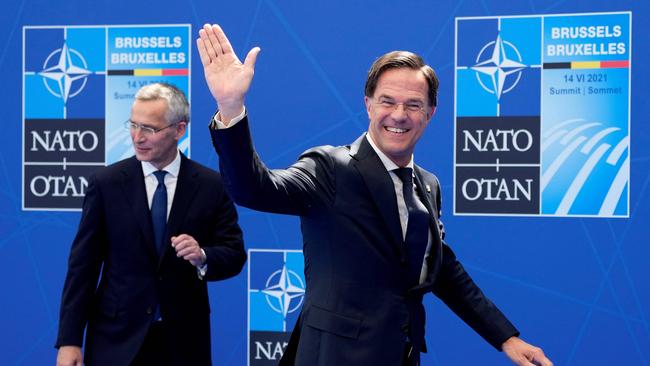
Mr Stoltenberg observed that China wants to maintain good ties with the West, especially economic relations with Europe, despite supporting Russia.
“Well, Beijing cannot have it both ways,” he said. “At some point – and unless China changes course – allies need to impose a cost.”
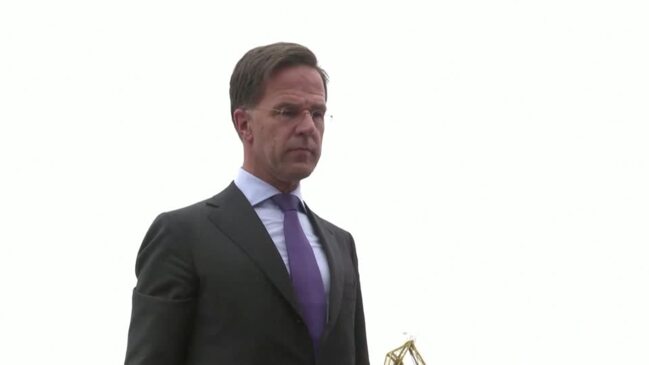
China rejects NATO’s criticism. NATO “has a blind faith in the use of force, holds on to a Cold War mentality, and creates bloc confrontation, which is the real threat to peace and stability in the region and the world,” China’s Foreign Ministry said in response to questions about NATO’s position.
China promotes peace and dialogue, the ministry said, and “NATO should reflect on its role in the Ukrainian crisis and stop shifting the blame to China”.
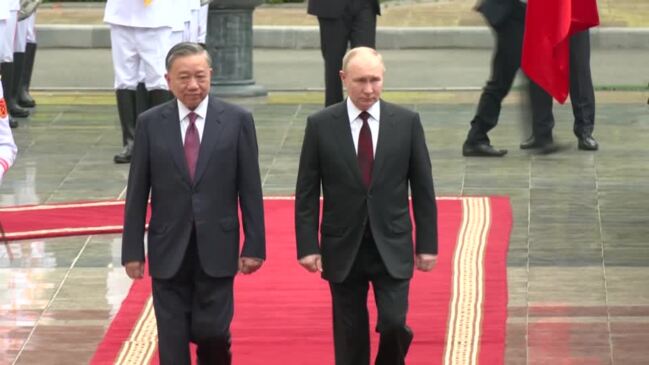
Within NATO, one of the most notable swings in response to China isn’t a European ally but Canada – a founding member of the alliance but long a low-spender on defence. Canada is now ramping up spending, though it still falls far short of NATO’s target of spending 2 per cent of gross domestic product on defence.
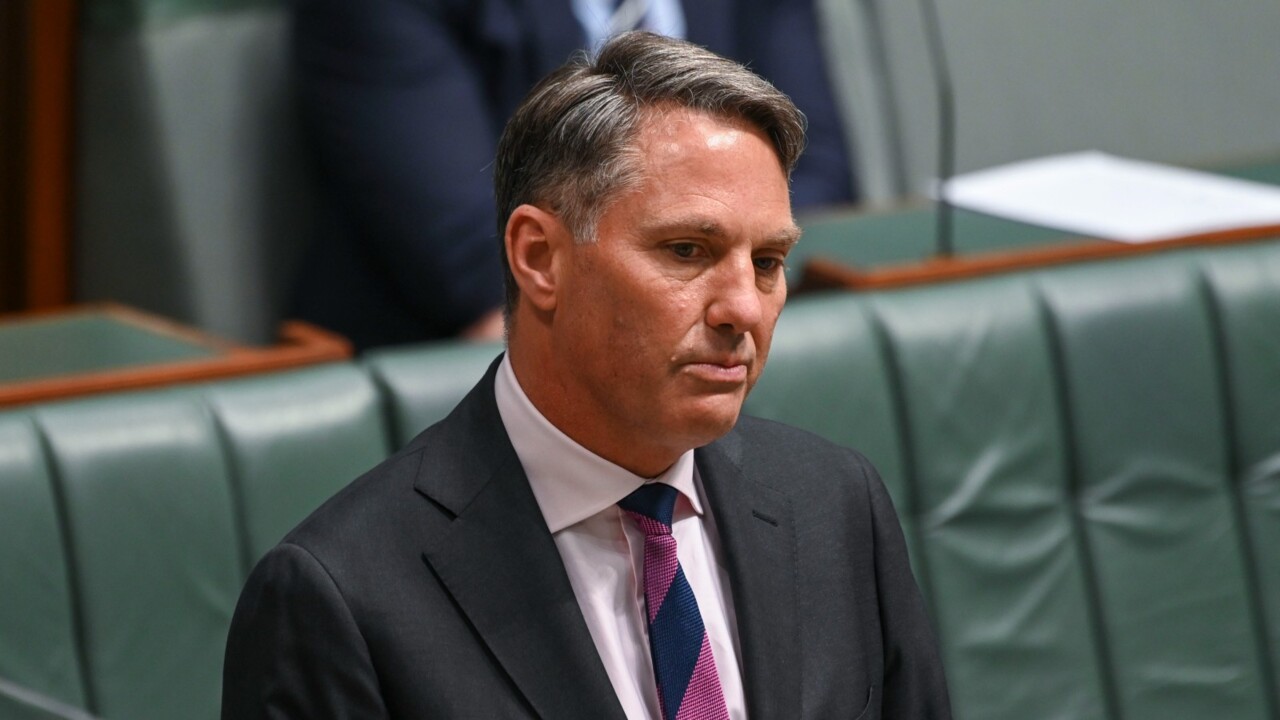
“Canada finds itself at a pivotal moment,” said Defence Minister Bill Blair during a recent meeting at NATO.
“Our sovereignty and security are no longer guaranteed by geographic location that has kept us safe for decades.”
Mr Blair said Canada has seen “a growing number of Chinese dual-purpose research vessels and surveillance platforms collecting data about the Canadian North that is, by Chinese law, made available to China’s military”.
Guarding against that is a big part of Canada’s shift, he said, acknowledging that “we have much more work ahead of us”.
China respects international law and the sovereignty of Arctic states, its foreign ministry said.
Deep US engagement across the Atlantic and Pacific dates back to World War II. During the Cold War, the Soviet Union also operated in both oceans, but its threat was seen as far greater in Europe and the Atlantic, especially via its links to Cuba.
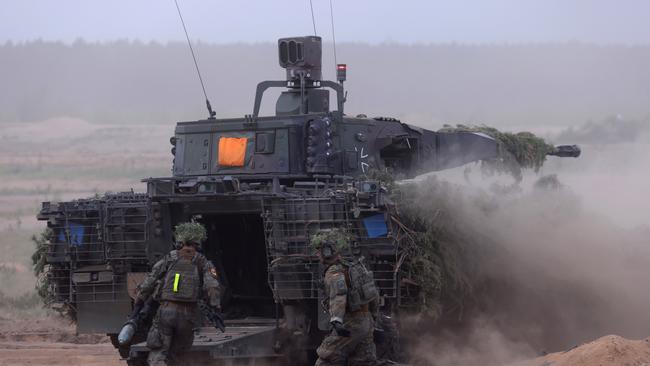
After the Cold War, when the West saw Moscow as a potential partner and Washington came to see China as an ascendant rival, the US tried to shift its focus to the Pacific. In 2011, then-president Barack Obama announced a “pivot to Asia”. It was widely interpreted as an implicit pivot away from Europe.
“When we talked about the pivot, or rebalance, in the Obama administration,” said Mr Campbell, the deputy secretary of state, “one of the misconceptions was the idea the U.S. was somehow pivoting away from Europe – that we were going to focus more of our attention on the Indo-Pacific at the expense of Europe.”
That either/or interpretation “was mistaken” and the Biden administration has to align views and policies with European allies, Mr Campbell said. “We’re moving together to focus on these issues.”
The Wall Street Journal




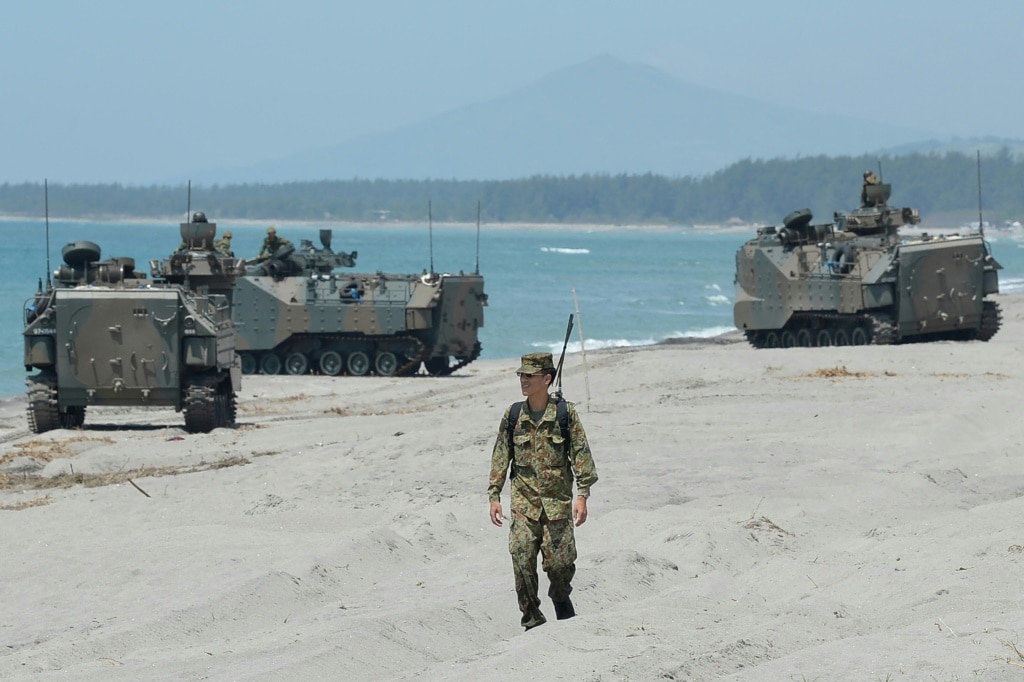


To join the conversation, please log in. Don't have an account? Register
Join the conversation, you are commenting as Logout